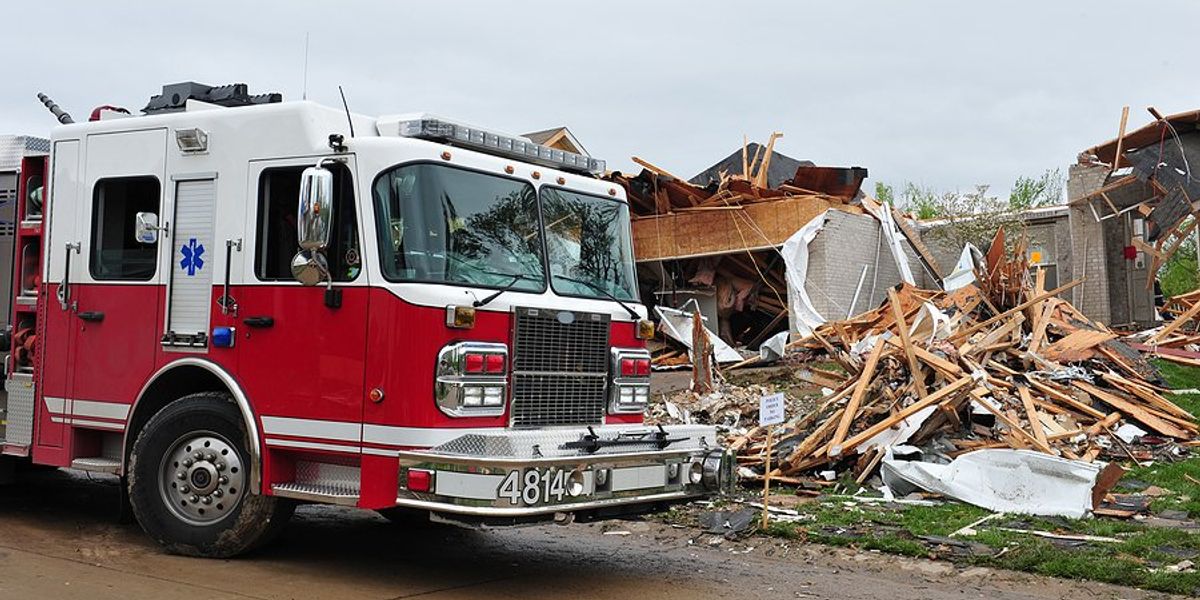
Japan shifts back to nuclear power despite Fukushima disaster
More than a decade after the Fukushima meltdown, Japan is increasing its reliance on nuclear energy, reversing previous plans to reduce its use.
Justin McCurry reports for The Guardian.
In short:
- A draft energy plan from Japan’s trade and industry ministry calls for "maximizing" nuclear power, targeting 20% of total energy output by 2040 with 30 reactors in operation.
- The plan also aims for renewables to supply 40-50% of energy, while coal use will drop from 70% to 30-40%.
- Critics argue that restarting old reactors is costly and dangerous, especially in a country prone to earthquakes and tsunamis.
Key quote:
“The more reactors you have in operation, the greater the risk. It’s as simple as that.”
— Aileen Smith, executive director of Green Action
Why this matters:
Japan’s decision to extend the lifespan of its aging nuclear reactors has reignited debates over safety, economic feasibility and long-term sustainability. More than a decade after the Fukushima disaster forced mass evacuations and left a costly radioactive cleanup effort still underway, the government is now allowing some reactors to operate beyond 60 years in a bid to stabilize the nation’s energy supply. Supporters argue that nuclear power is a necessary component of Japan’s plan to cut carbon emissions and reduce its reliance on fossil fuels, particularly as global energy markets remain volatile. But critics warn that aging infrastructure poses increased risks, especially in a country prone to earthquakes and tsunamis. It's a debate going on in many countries seeking alternatives to fossil fuel as energy demand increases and the climate crisis accelerates.













